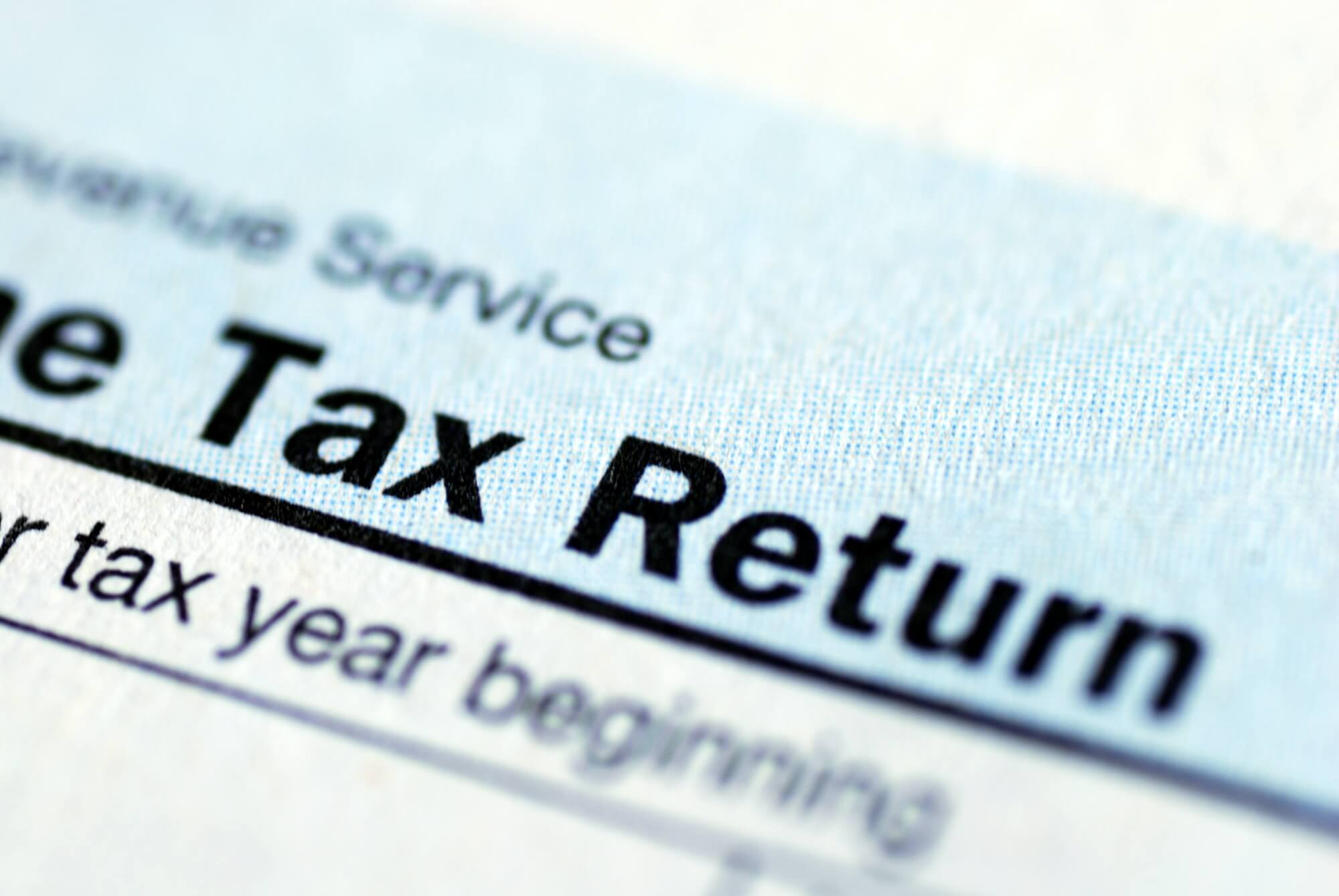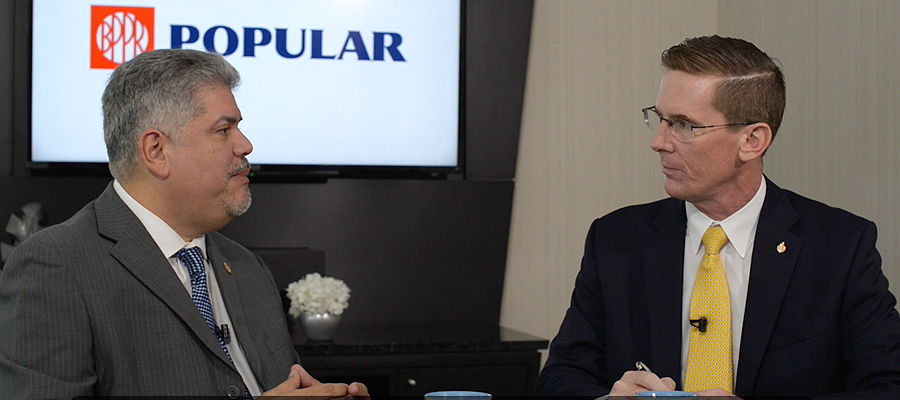Apr 14
Earthquakes: What you can Deduct from your Business Return
April 14, 2020
 By: Kenneth Rivera-Robles
Certified Public Accountant
The January 2020 earthquakes could have tax consequences for you. Deductions for the losses you experienced should be included on your 2020 tax return—which you will file in April 2021.
Whether as a business or an individual, you can deduct the losses sustained, less any insurance payment. In other words, if you had losses amounting to $3,000 and an insurance policy paid you $1,000 to cover them, then you can deduct $2,000.
What can you deduct from your business?
If you have a business or are self-employed you can deduct all losses associated to the assets you use to conduct the commercial operation. Remember, that you need to subtract the amount paid by any insurance coverage from the deductible loss.
It is important to know that if an asset was destroyed and the insurance paid for it, this could become a taxable gain. The gain would be the excess of what you were paid over the adjusted cost of the asset. However, if you used the insurance money to replace that asset, it can be classified as an involuntary conversion and taxation is deferred temporarily, subject to meeting certain requirements.
Losses you can deduct as an individual
There are two kinds. The first is any loss within a property that is your primary residence. This deduction has no amount limit. The second is a personal property loss. Here the maximum you can deduct is $5,000, and has the following requirements:
• The sector must have been declared a disaster zone by the Governor.
• Loss of cash and jewelry is not included. In order to make this deduction you have to prove that you have applied for assistance from approved disaster assistance programs. Any amount that you do not include in that tax return as a deduction can be carried over to the following year or up to two years.
Regarding donations
In disaster situations it is very common for people to make donations to help those affected by the disaster. If you made any donations, be aware that you will only be able to deduct those made to non-profit entities registered with the Department of the Treasury. If you made a donation directly to the people affected, it is considered a gift that will be exempt for the recipient; but you will not be able to deduct it.
If an employer made a qualified payment between February 1, 2020 and April 30, 2020, as a consequence of the earthquakes, that amount would be exempt for the employee at the rate of the first $2,000 per month and $4,000 in total during said period. The requirements and processing of these qualified payments are discussed in detail in Internal Revenue Circular Letter 20-08 issued by the Department of the Treasury.
Banco Popular of Puerto Rico (“Popular”) is not affiliated nor related to the individuals or entities mentioned in this article. This article is for informative purposes only, and does not constitute an endorsement or guarantee of its accuracy. Neither Popular nor any of its affiliates, subsidiaries, or related entities are, nor might be held liable for any special, direct, or indirect, damages, resulting from reliance on the information contained in this article, which Popular did not prepare. Popular provides financial services) and does not provide the type of service referenced in this article. If you need any related service, you should request the advice of the competent professional of your preference.
By: Kenneth Rivera-Robles
Certified Public Accountant
The January 2020 earthquakes could have tax consequences for you. Deductions for the losses you experienced should be included on your 2020 tax return—which you will file in April 2021.
Whether as a business or an individual, you can deduct the losses sustained, less any insurance payment. In other words, if you had losses amounting to $3,000 and an insurance policy paid you $1,000 to cover them, then you can deduct $2,000.
What can you deduct from your business?
If you have a business or are self-employed you can deduct all losses associated to the assets you use to conduct the commercial operation. Remember, that you need to subtract the amount paid by any insurance coverage from the deductible loss.
It is important to know that if an asset was destroyed and the insurance paid for it, this could become a taxable gain. The gain would be the excess of what you were paid over the adjusted cost of the asset. However, if you used the insurance money to replace that asset, it can be classified as an involuntary conversion and taxation is deferred temporarily, subject to meeting certain requirements.
Losses you can deduct as an individual
There are two kinds. The first is any loss within a property that is your primary residence. This deduction has no amount limit. The second is a personal property loss. Here the maximum you can deduct is $5,000, and has the following requirements:
• The sector must have been declared a disaster zone by the Governor.
• Loss of cash and jewelry is not included. In order to make this deduction you have to prove that you have applied for assistance from approved disaster assistance programs. Any amount that you do not include in that tax return as a deduction can be carried over to the following year or up to two years.
Regarding donations
In disaster situations it is very common for people to make donations to help those affected by the disaster. If you made any donations, be aware that you will only be able to deduct those made to non-profit entities registered with the Department of the Treasury. If you made a donation directly to the people affected, it is considered a gift that will be exempt for the recipient; but you will not be able to deduct it.
If an employer made a qualified payment between February 1, 2020 and April 30, 2020, as a consequence of the earthquakes, that amount would be exempt for the employee at the rate of the first $2,000 per month and $4,000 in total during said period. The requirements and processing of these qualified payments are discussed in detail in Internal Revenue Circular Letter 20-08 issued by the Department of the Treasury.
Banco Popular of Puerto Rico (“Popular”) is not affiliated nor related to the individuals or entities mentioned in this article. This article is for informative purposes only, and does not constitute an endorsement or guarantee of its accuracy. Neither Popular nor any of its affiliates, subsidiaries, or related entities are, nor might be held liable for any special, direct, or indirect, damages, resulting from reliance on the information contained in this article, which Popular did not prepare. Popular provides financial services) and does not provide the type of service referenced in this article. If you need any related service, you should request the advice of the competent professional of your preference.


